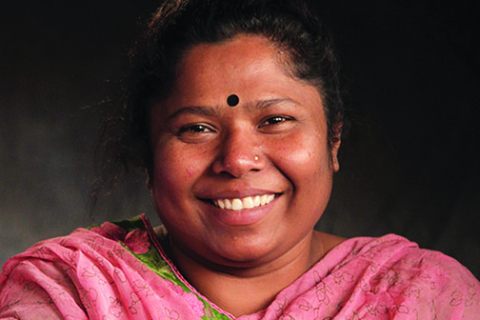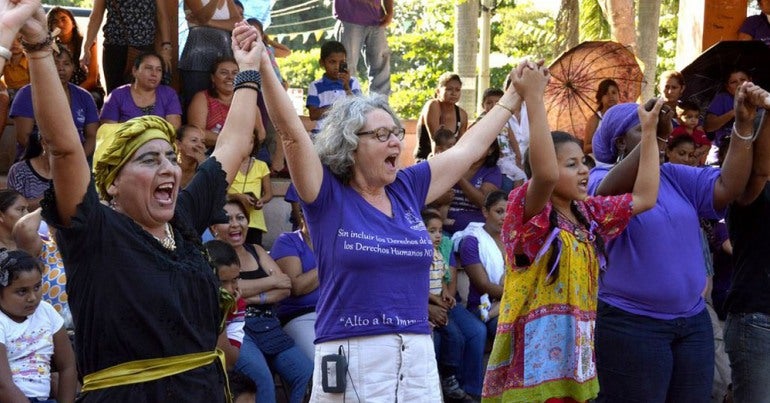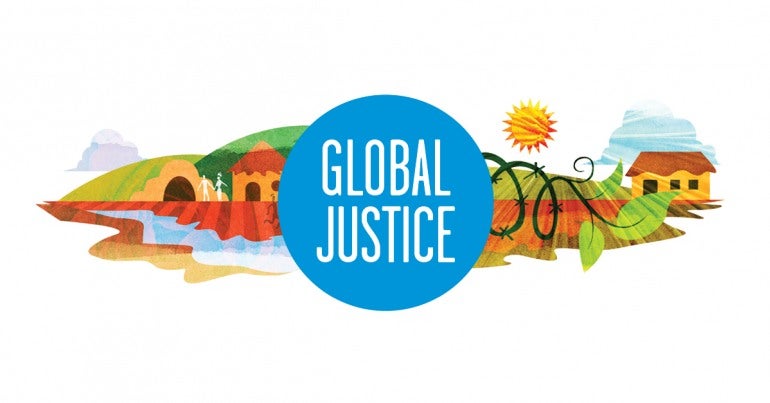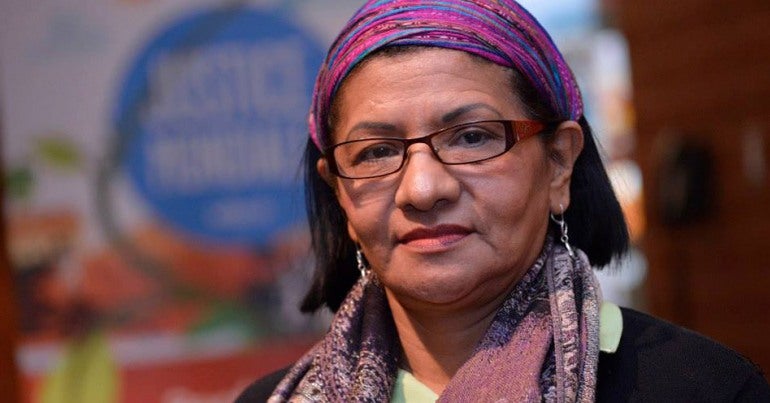
Elections monitoring in Honduras
In 2009, Manuel Zelaya, the democratically elected president of Honduras, was deposed by the military and political elites who seized power. The rupture of democratic governance set the country back decades and today, Honduras is one of the countries with the most inequality in the region.
In November 2013, CUPE participated in a Common Frontiers-led delegation that included labour organizations, community groups, academics and a former chief of the Ardoch Algonquin First Nations. The delegation travelled to Honduras as official electoral observers, visiting various parts of the country and meeting with communities and groups that have felt the negative impact of Canadian investment in the region.

As in the past, the election was plagued by state violence, human rights violations, intimidation and fraud. Most independent observers condemned the elections and several political parties rejected and contested the results. Despite its flaws, the election was nonetheless historic because, for the first time the decades old two party monopoly of the National and Liberal parties was broken and progressive parties such as LIBRE participated.
The Canadian government refuses to hold the Honduran government accountable for violating basic human rights. Instead it has taken advantage of the deteriorating conditions in the country to expand Canadian investment. In the Maquiladora factories, corporations like Gildan Activewear continue to accumulate huge profits from weak labour laws and substandard labour practices, including firing injured workers who suffer from debilitating work-
related injuries
Honduras now suffers from a proliferation of corruption, poverty, state violence and militarization. Human rights, labour rights and democracy have been suppressed in return for corporate investment and free trade agreements.

Garment workers tour with Kalpona Akter
Kalpona Akter started working as a garment worker when she was 12. She was fired at age 16 for trying to organize a union in her factory. Akter co-founded the Bangladesh Center for Worker Solidarity (BCWS) in 2001, where labour rights and leadership training is offered to garment workers.
Following the Rana Plaza building collapse where almost 1,200 garment workers were killed in Bangladesh, Akter was invited by CUPE, the Maquila Solidarity Network (MSN) and the Public Service Alliance of Canada (PSAC) to travel across Canada from Nov. 24 to Dec. 6, 2013. The tour exposed Canadian corporate involvement in exploiting the poor working conditions in Bangladesh and garner support for the garment workers.
The BCWS is one of Bangladesh’s most prominent labour rights advocacy organizations. It was founded in 2001 by a group of former garment workers who sought to change the abusive working conditions faced by women workers. The centre is regarded as among the most effective grassroots labour organizations in Bangladesh by the international labour rights movement and by multinational apparel companies.

During her tour, Akter was able to raise awareness among union members and the general population about the situation of garment workers and increase pressure on Canadian companies linked to the Rana Plaza building collapse to compensate victims.
The BCWS has been providing support to the victims of the Rana Plaza disaster. They are lobbying brands and retailers to sign the Accord on Fire and Building Safety in Bangladesh. CUPE has committed to continue the work Akter began while in Canada.




